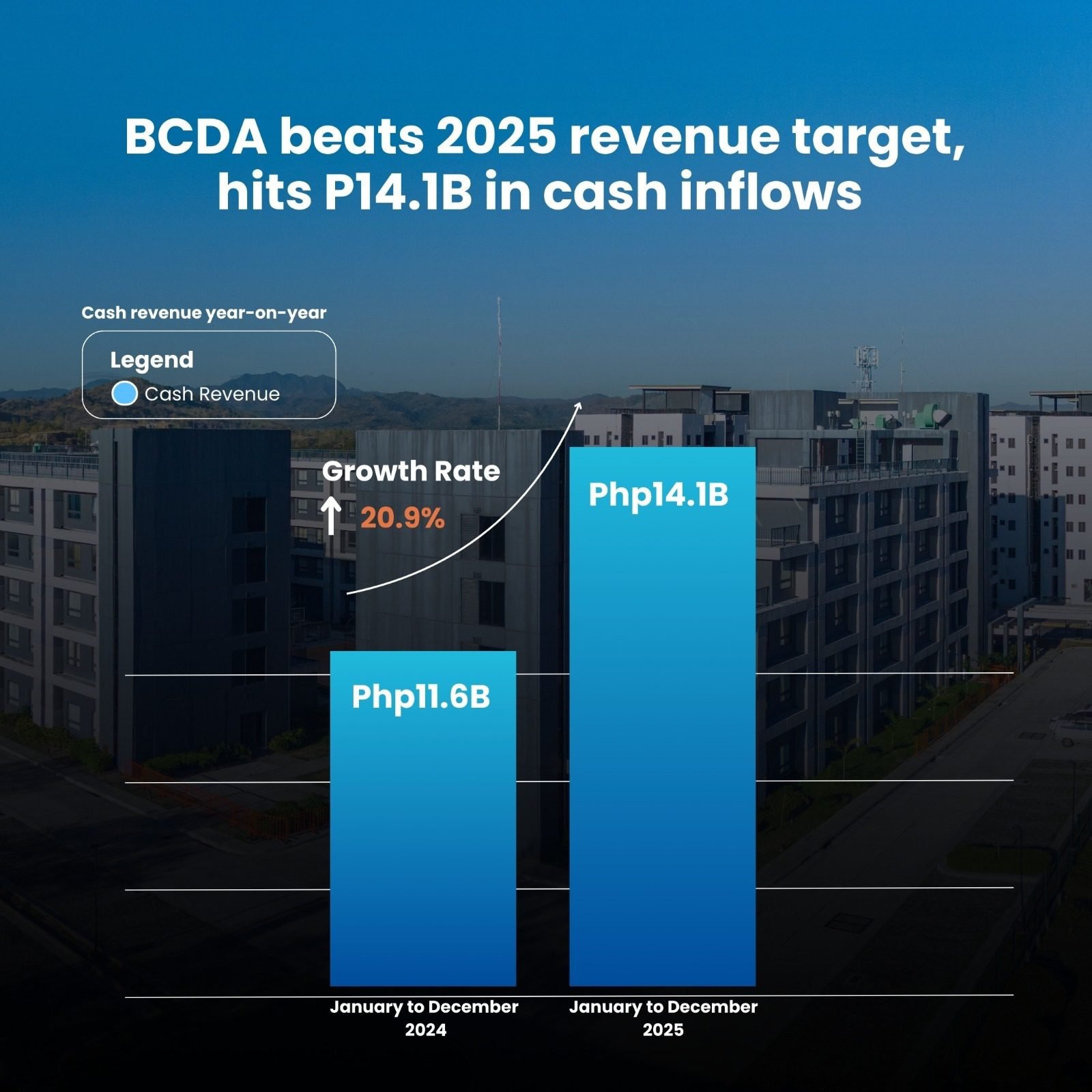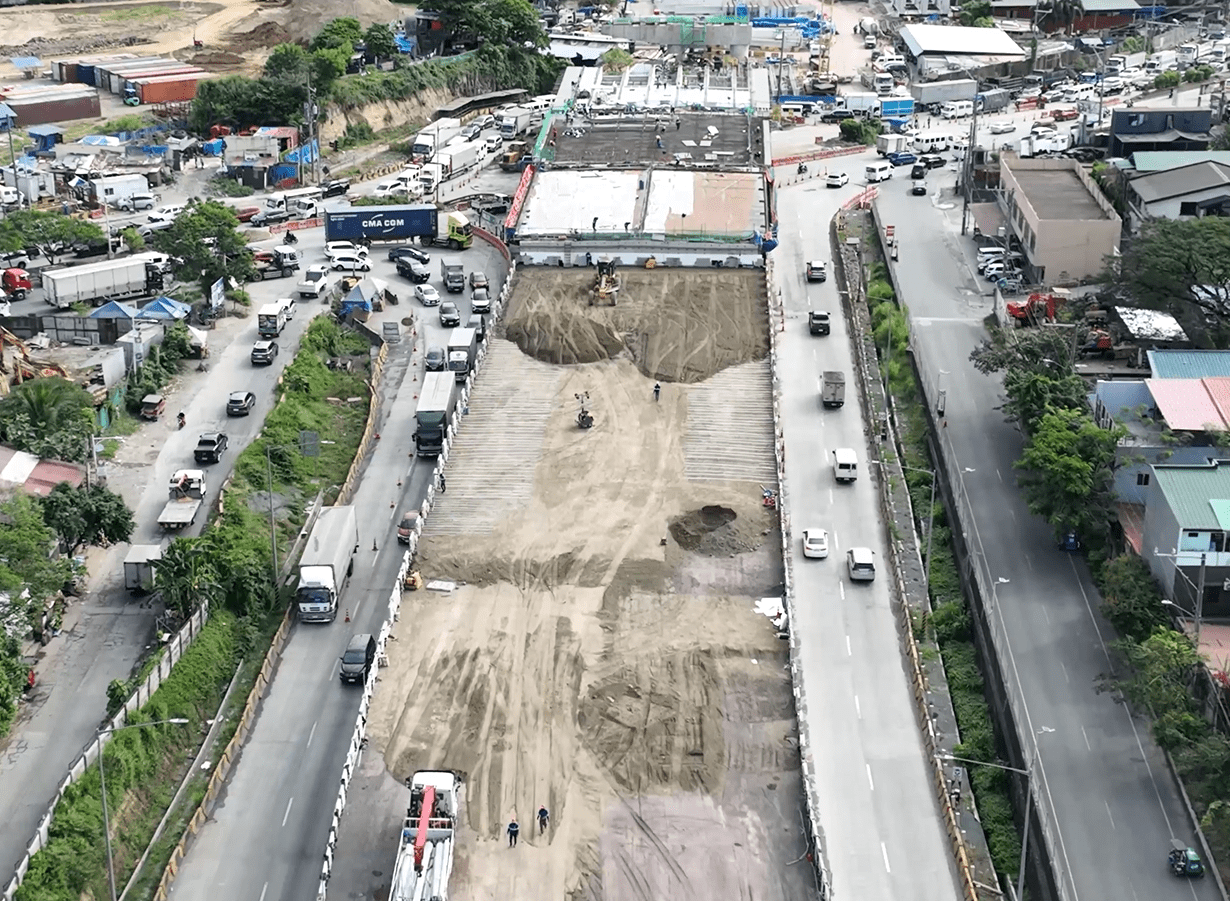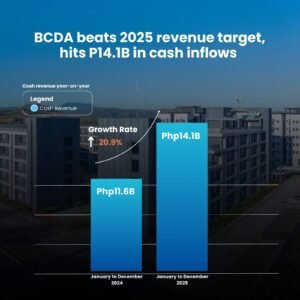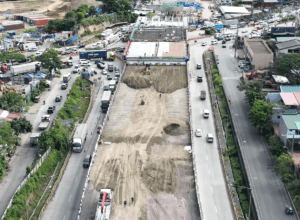For youth, mothers, laid-off workers psychologically impacted by pandemic
Senator Francis “Kiko” Pangilinan wants young people, especially students, double-burdened young mothers, and underemployed or laid-off workers, to get mental health treatment as they are shown to be most psychologically impacted by the pandemic.

“Malala ang epekto ng pandemya at lockdown sa ating lahat, pero lalo na sa ating mga kabataan. Maraming nakakaramdam ng isolation. Maraming nakakaramdam ng takot at pag-aalala dahil nawalan ng trabaho o dahil sa kawalang-tiyakan sa trabaho,” Pangilinan said.
“Mahilig pa naman tayong mga Pilipino makipag-usap. We are a sociable people. Malaking kawalan sa ating buhay ang hindi makita o makausap ang mga kaibigan, kaklase at maging mga katrabaho,” he added.
“Dapat palawakin pa ang kapasidad ng National Center for Mental Health (NCMH) na makatugon sa mga pangangailangan ng ating kabataan,” Pangilinan said, noting that the NCMH hotline received an average of 400 calls per month related to depression and mental health during the pandemic.
The vice-presidential aspirant is citing an Asian Development Bank study in which researchers Nina Dela Cruz and Raymond Gaspar noted the sharp rise of such calls from 80 calls before the community quarantines and the physical distancing guidelines were imposed.
The study said the three most psychologically affected sectors are young people, students, mothers, and underemployed or laid-off workers.
Dela Cruz and Gaspar said their findings revealed that “young adults aged 18-25 are relatively more at risk of episodes of psychological distress” and that “a high incidence of stress, anxiety, and depression among Filipino young adults aged 18-30.”
They said “accumulating worries associated with missing traditional milestones and losing economic opportunities and vital relationships are leading young adults into mental distress amid the ongoing crisis.”
“When all classes went online, the prevailing digital divide put poor students, especially those in more remote areas, at a disadvantage. Amid workplace closures, a large group of workers, particularly part-time employees and those whose work cannot be feasibly done at home, have either been furloughed or have faced reduced working hours with negative consequences on their income and finances,” the ADB study said.
The ADB researchers “found robust evidence of women having higher odds of experiencing considerable mental health concerns.” They used a weekly online survey collected from the Philippines by the Imperial College London-YouGov Covid 19 Behaviour Tracker Data Hub between 31 March and 30 September 2020.
“Women, especially mothers, face a greater challenge of juggling paid work and domestic responsibilities…[They] have been taking on a greater domestic burden of housework and childcare during the pandemic,” according to the study, which noted an increase of housework hours among women in Metro Manila from 4 hours before the pandemic to 7 hours now.
Pangilinan said people’s mental health must be addressed. “Understandable na dahil maraming nawalan ng trabaho o nabawasan ang working hours, at hindi regular ang kita, nakakadagdag sa stress ang walang-kasiguraduhan. At yan ang nagpapalala ng mental health,” he said.
“Kaya naman, bukod sa mental health assistance, kailangan na talagang ayusin ang pagtugon sa pandemya para bumalik na ang economic activity, ang mga trabaho, at ang face-to-face classes,” Pangilinan said.












